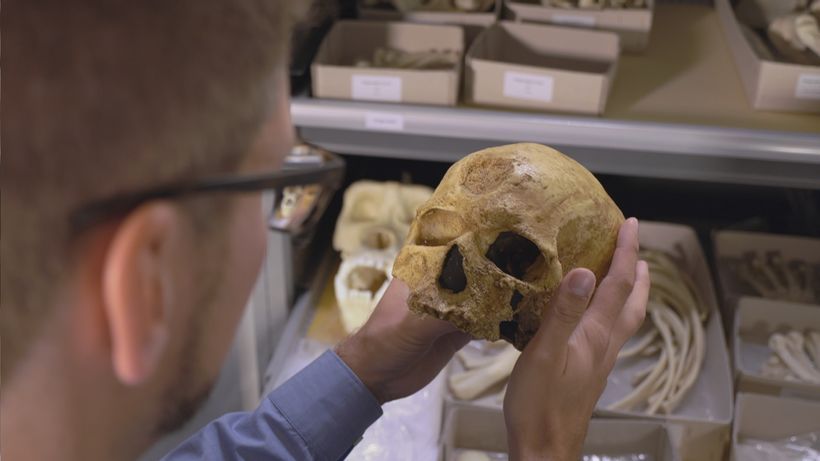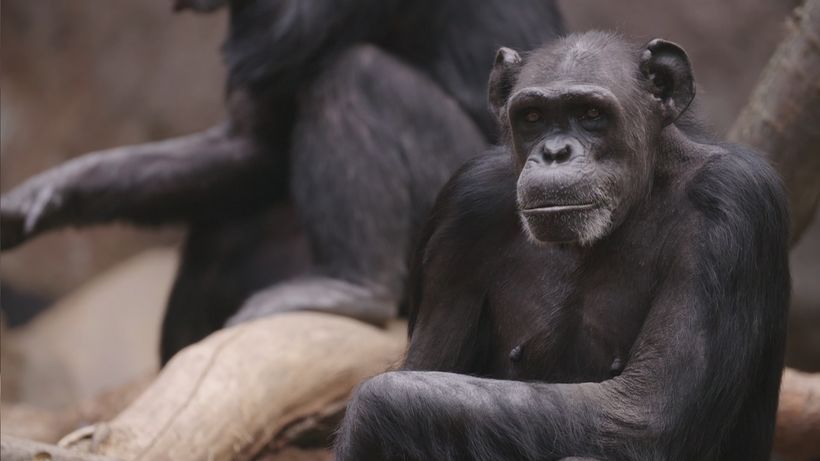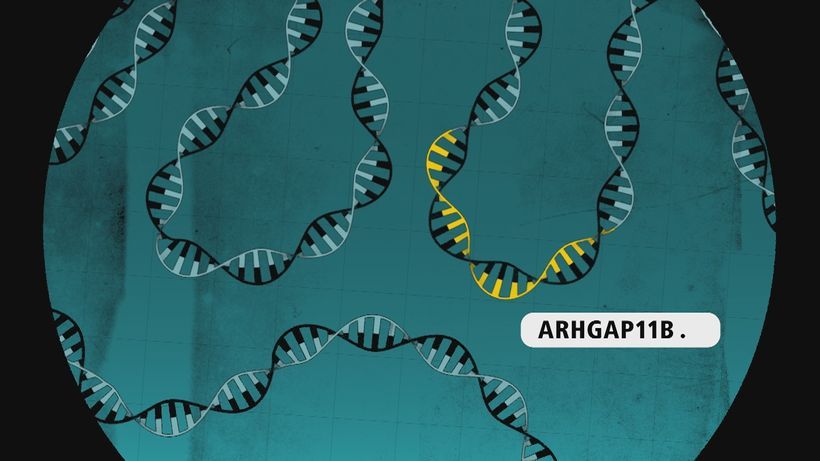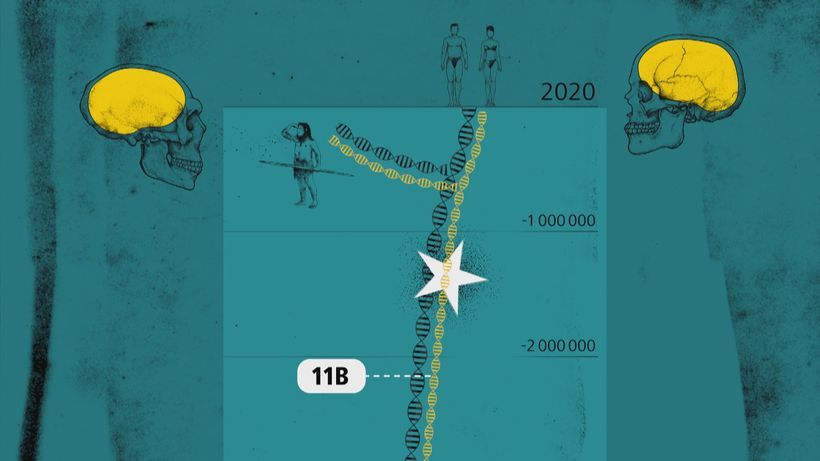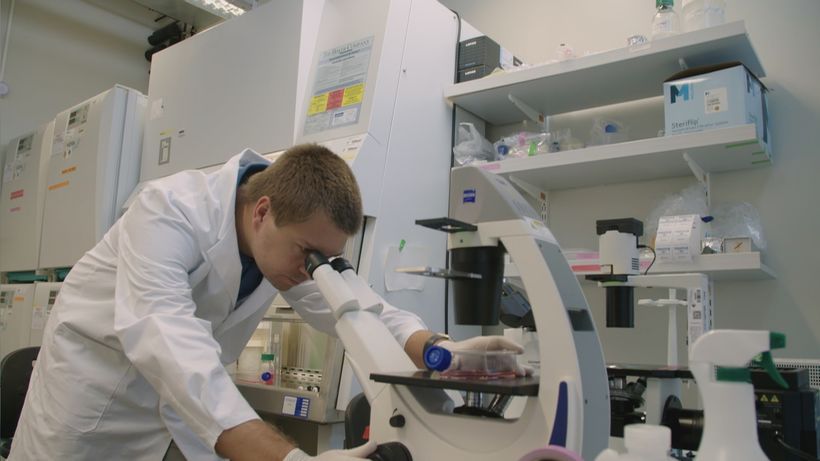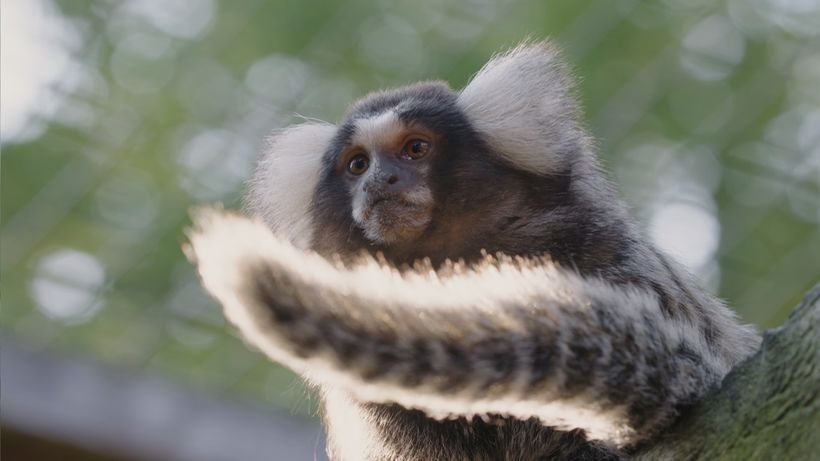Human by chance? - The gene that made our brain grow
Discover the secrets of humanity’s advanced skill set and predominance on earth.
If we compare ourselves with our genetically closest living relatives, the chimpanzees, we have few physical advantages. We are far weaker, cannot move nearly as fast, and do not have the same climbing capabilities. Instead, humans excel in areas such as architecture, religion, science, language, writing, art, culture, and ideas. These achievements are due to our larger brain that contain billions of neurons. It was the rapid growth of our brain, originating about 2 million years ago, that allowed us to be the predominant species of the world. What caused this rapid growth of our cerebral cortex? Researchers worldwide have asked this question for many years, but now there finally seems to be an answer.
In the run-up of the latest publications, the MDR team accompanied neuroscientists Dr. Wieland Huttner and his research team on their journey to find answers. The film presents the decisive moments of their groundbreaking study and illustrates the current research results. The results are supplemented by the insights of Primatologist Dr. Roman Wittig, evolutionary researcher Dr. Philipp Gunz from the Max Planck Institute for Evolutionary Anthropology in Leipzig, Professor of Comparative Developmental Psychology and neuroscientist Dr. Katja Liebal, and bestselling author and scientist Dr. Franca Parianen. Learn about the special features of ARHGAP11B and discover the secrets to our advanced brains and predominance on earth.
Facts
-
Original TitleZufall Mensch? - Der kleine Schritt zum großen Gehirn
-
Year2020
-
Length52' (ENG, SPA)
-
ResolutionHD
-
Produced by
